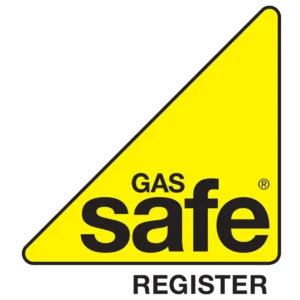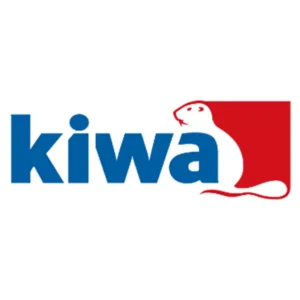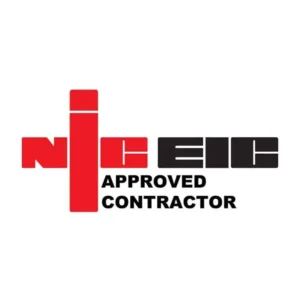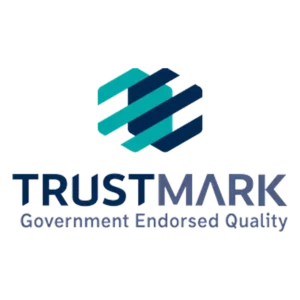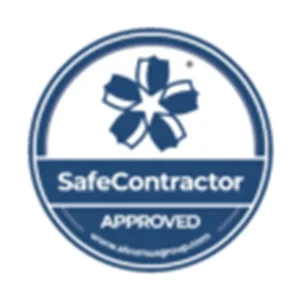Home heating grants are available in your area
Unlock the Benefits of the Boiler Upgrade Scheme (BUS)
Your Path to Energy Efficiency
Discover the advantages of the Boiler Upgrade Scheme (BUS) with Zenith Eco Solutions. Access free heating system upgrades, including air and ground source heat pumps, and biomass boilers, tailored to reduce your energy bills. Our expert team ensures a seamless transition to greener energy solutions, enhancing comfort and affordability in your home. Embrace sustainability with government-backed grants designed to improve your property’s energy efficiency.
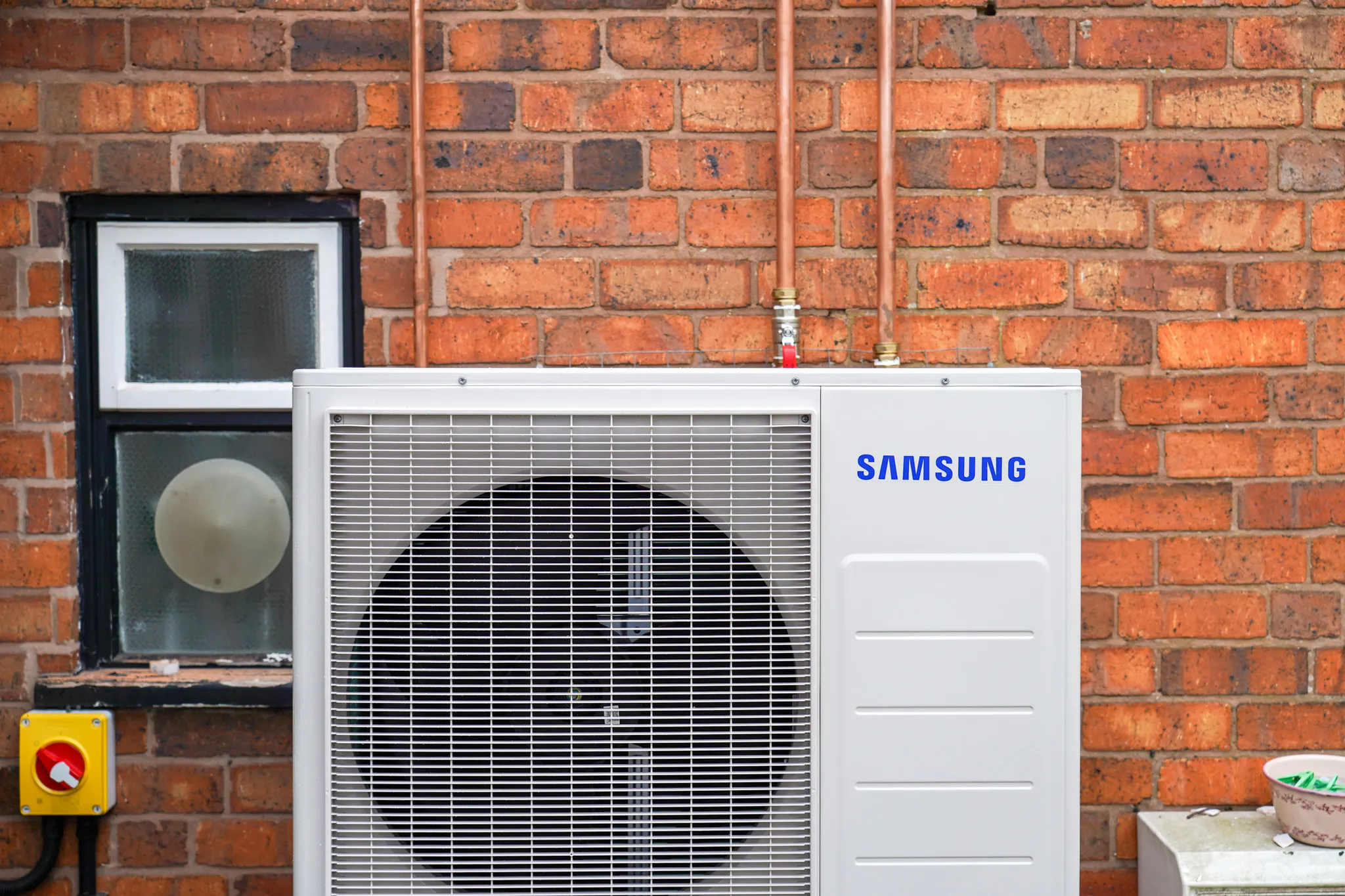
What is the Boiler Upgrade scheme?
The Boiler Upgrade Scheme (BUS) was introduced by the Government in 2022, and it is designed to support the decarbonisation of heat in homes, and non-domestic buildings in England and Wales.
Funding worth up to £7,500
Supports the cost and installation of either Air or Ground Source Heat Pumps.
Location?
Introduced by the government
Grant funding of up to £5,000
Who is funding the Boiler Upgrade scheme?
The UK Government’s ECO Scheme is funded by energy suppliers and subject to full regulation by Ofgem.

Who is eligible for the Boiler Upgrade Scheme?
The Boiler Upgrade Scheme (BUS) is a UK government initiative aimed at encouraging the installation of low-carbon heating systems, such as heat pumps and biomass boilers, to replace traditional gas and oil boilers. To be eligible for the Boiler Upgrade Scheme, applicants typically need to meet the following criteria:
-
 The scheme is available to homeowners and landlords, and to small non-domestic properties, which typically includes small businesses and commercial properties that are not classified as large-scale industrial or commercial buildings.
The scheme is available to homeowners and landlords, and to small non-domestic properties, which typically includes small businesses and commercial properties that are not classified as large-scale industrial or commercial buildings.
-
 The property must be located in England or Wales.
The property must be located in England or Wales.
-
 New build properties are generally not eligible unless they are self-built.
New build properties are generally not eligible unless they are self-built.
-
 The current heating system must be an oil, gas, or electric boiler that is due for replacement.
The current heating system must be an oil, gas, or electric boiler that is due for replacement.
-
 The new heating system must be a low-carbon heating system, such as an air source heat pump, ground source heat pump, or biomass boiler.
The new heating system must be a low-carbon heating system, such as an air source heat pump, ground source heat pump, or biomass boiler.
-
 The installation must be carried out by a certified installer who is registered with the Microgeneration Certification Scheme (MCS) or an equivalent scheme.
The installation must be carried out by a certified installer who is registered with the Microgeneration Certification Scheme (MCS) or an equivalent scheme.
-
 Applicants must apply for the scheme and receive approval before starting any installation work.
Applicants must apply for the scheme and receive approval before starting any installation work.
-
 The application must include details about the property, the current heating system, and the proposed low-carbon heating system.
The application must include details about the property, the current heating system, and the proposed low-carbon heating system.
-
 The scheme provides a financial contribution towards the cost of installing a new low-carbon heating system, but applicants may need to cover any additional costs beyond the grant amount.
The scheme provides a financial contribution towards the cost of installing a new low-carbon heating system, but applicants may need to cover any additional costs beyond the grant amount.
Our Accreditations
Customer TESTIMONIALS


